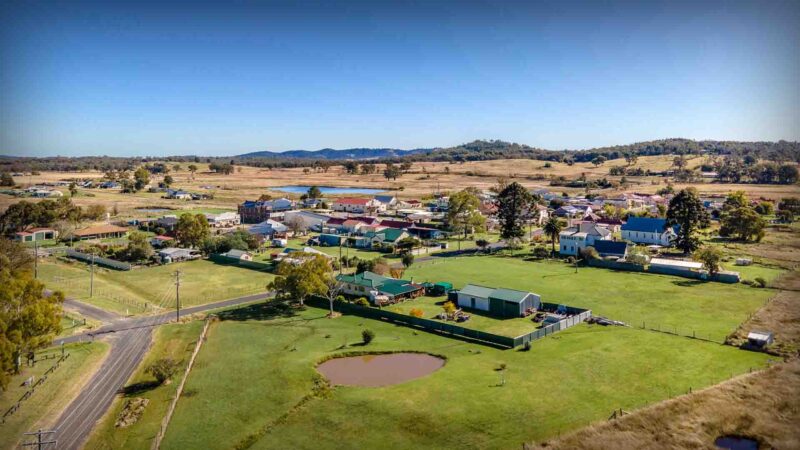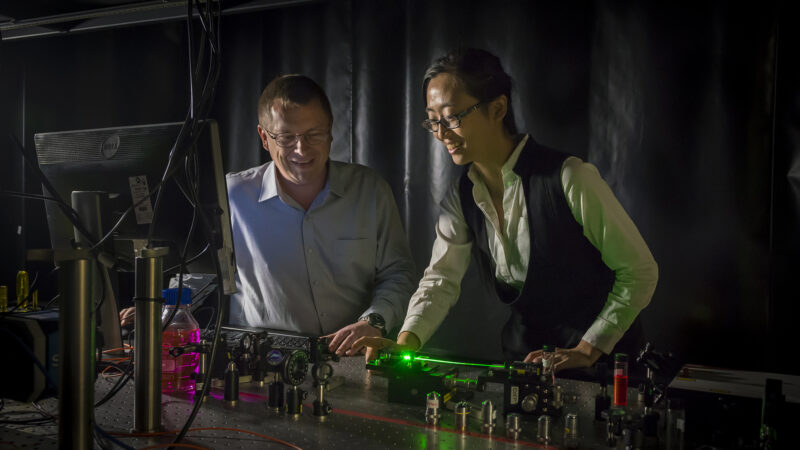EXERCISE PRESCRIPTION TO SUPPORT THE MANAGEMENT OF OSTEOPOROSIS Healthy Bones Australia develop exercise statement for Physiotherapists and Exercise Physiologists
With
Professor Belinda Beck, Exercise Science, Griffith University &
Owner and Director, The Bone Clinic &
Member of Medical and Scientific Advisory Committee, Healthy Bones Australia (formerly Osteoporosis Australia)
Australian Health Journal segment
Filmed in Southport, Queensland | March 2025
In Australia, more than two thirds of people over the age of 60 have osteoporosis or osteopenia. An estimated 183,000 fractures related to poor bone health occurred in 2022. Osteoporosis and related fractures affect individuals, their carers, and the wider healthcare system, costing $2.59B per year for fractures alone.
Osteoporosis is commonly managed medically and typically with treatment. Exercise is also essential in the management of osteoporosis but tends to be under-utilised due to lack of knowledge and unfounded concerns about the risk of injury. In fact, optimal care of people with low bone mass, osteoporosis and/or increased risk of falling can and should include targeted exercise to help prevent osteoporotic fracture.
Osteogenic exercise is important throughout life – in youth to optimise peak bone mass and in adulthood to minimise loss. The exercise recommendations in the current statement, however, are targeted at older adults as osteoporosis typically occurs in the later years. In light of the increased skeletal fragility of osteoporosis, it is recommended that the following exercise prescription be supervised by a clinical exercise physiologist or physiotherapist. Such expertise is required to assess co-morbidities and exercise capacity in order to appropriately individualise the exercise prescription.
Most exercise provides health benefits, and some activity is always better than none. However, specificity and overload are required to improve bone mass and strength, and high challenge balance training is required to prevent falls.
In early 2024, Healthy Bones Australia released a summary of the principles of osteogenic loading and fall prevention, the translation of those principles into clinical practice, evidence-based recommendations for exercise prescription, and special considerations, along with links to several relevant resources for people with or at risk of osteoporosis, falls and fractures.
The document is based on the latest research and developed by an expert Working Group, Advisory Committee and following a National Roundtable. The guidance in the exercise statement acts as a recommendation or exercise prescription for supervised program delivered by clinical exercise physiologists or physiotherapists.
Source: Healthy Bones Australia, Exercise Prescription to Support the Management of Osteoporosis For Physiotherapists and Exercise Physiologists (February 2024
You Might also like
-
Medicinal cannabis in Australia Update
According to the Australian Journal of General Practice, published by the Royal Australian College of General Practitioners, more than 130,000 medicinal cannabis approvals have been issued in Australia to date, mostly by general practitioners, with approximately 65% of these to treat chronic non-cancer pain. Despite robust supportive data from animal models, current clinical trial evidence for THC and CBD efficacy in chronic pain is incomplete. In their prescribing decisions, doctors must balance patient demand and curiosity with caution regarding potential risks and limited efficacy (Source: https://www1.racgp.org.au/ajgp/2021/october/medicinal-cannabis)
Australian Health Journal met with 3 speakers at the recent @arcsaustralia ARCS22 Conference providing an update on medicinal cannabis. The discussion with the speakers now centres on affordability and access.
-
Medical colleges reform to address accessibility, affordability and rural challenges
Australia’s specialist medical colleges are introducing significant changes to their training selection processes to tackle the ongoing shortage of specialist doctors in rural and remote areas. The Council of Presidents of Medical Colleges (CPMC), in collaboration with the National Rural Health Commissioner, has unveiled new guidelines that prioritise candidates with rural backgrounds and experience during trainee selection.
-
Hair’s-breadth endoscopes to detect plaque
This coming World Heart Day (29th September 2021), Australian Health Journal’s People in Health Care series, releases a segment on Dr Jiawen Li.
Dr Jiawen Li is an inventor and highly adaptable engineer leading the intravascular imaging program at the Institute of Photonics and Advanced Sensing (IPAS). She has developing an imaging device can be inserted into blood vessels to provide high quality 3D images to help scientists better understand the causes of heart attack and heart disease progression, and could lead to improved treatment and prevention.



